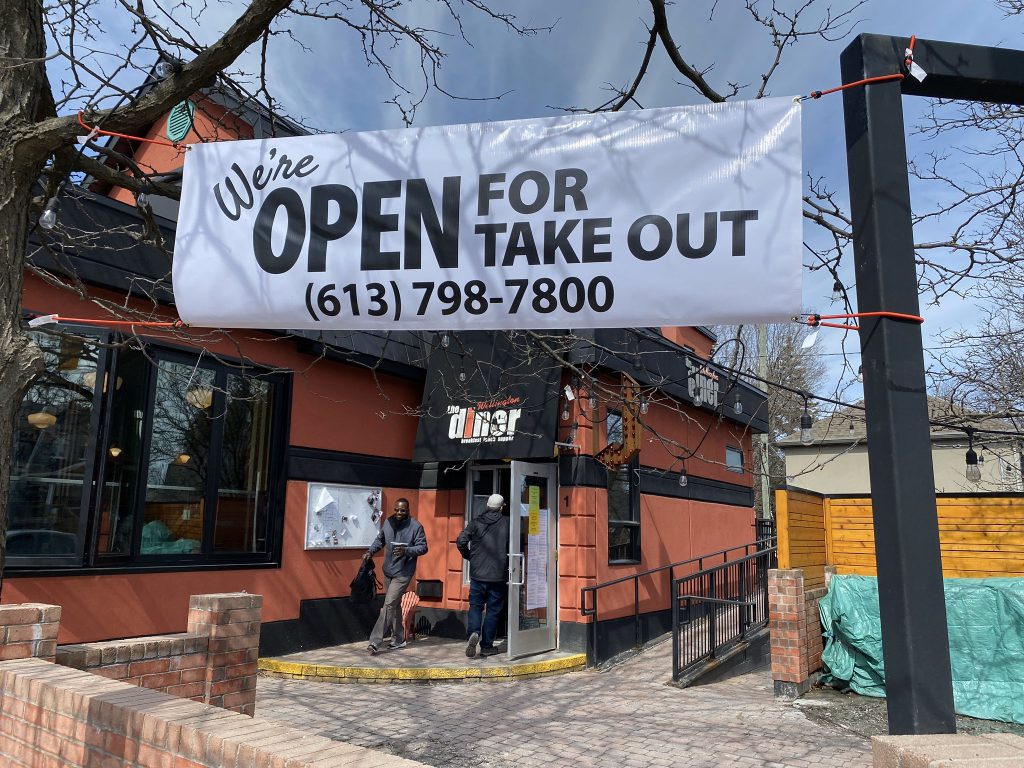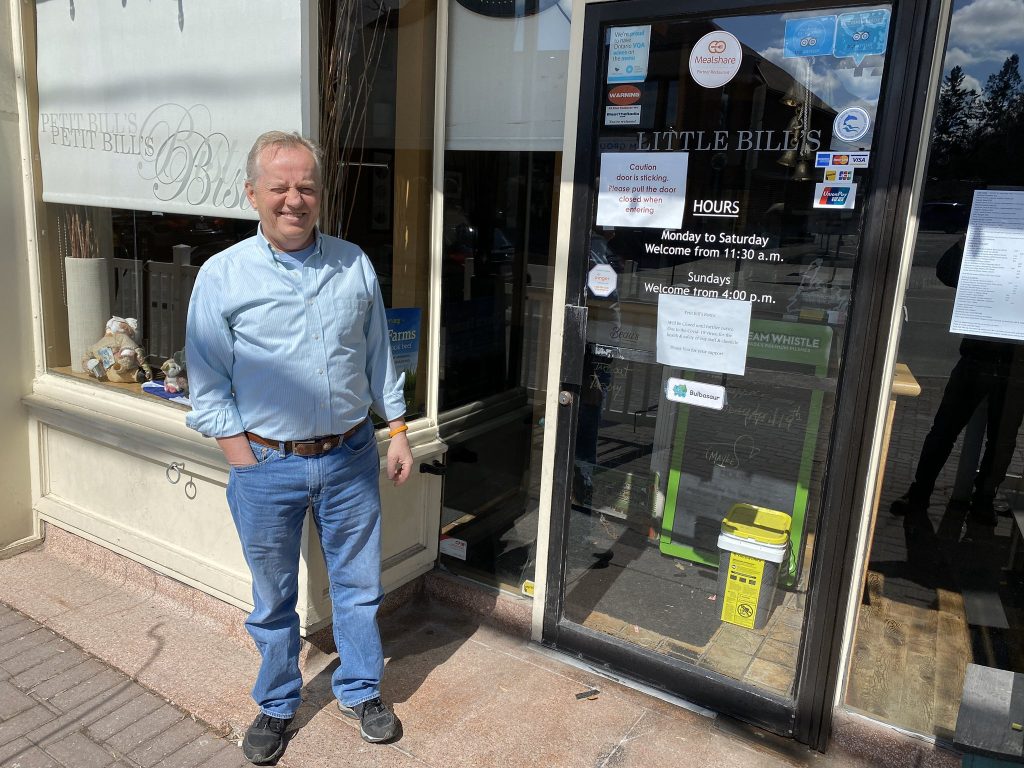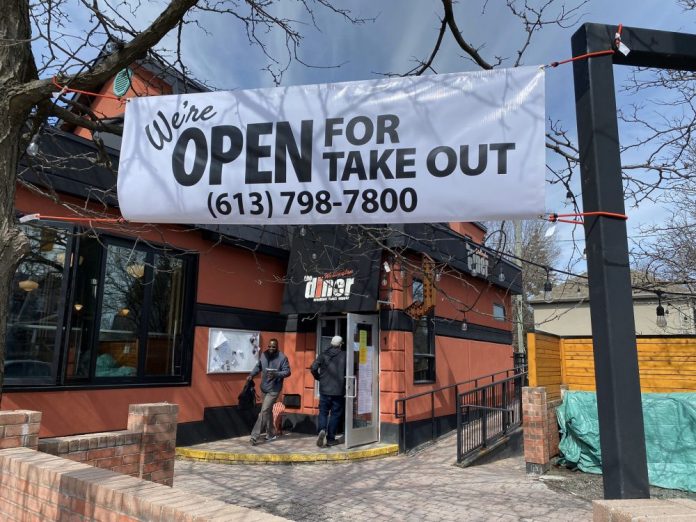
By Charlie Senack
The Ontario government’s order to close all non-essential businesses in the wake of COVID-19 has hit some in the Kitchissippi community hard as they find new ways to bring in revenue.
The March 23 announcement meant businesses had to close within 36 hours — a move to keep people indoors and practicing physical distancing.
Restaurants had to close their dining rooms but could continue with delivery, drive through and walk-in services. Other places like hairdressers, pet grooming salons and many family-run community businesses were forced to close their doors all together.
Even before the government implemented the safety restrictions, the Westboro Village BIA was looking at ways community businesses could continue to bring in revenue while keeping their employees on the payroll.
“Our number one focus is revenue generation for our members,” said Westboro Village BIA Executive Director Michelle Groulx. “A far second, at the same time, is to alleviate the expenses they are paying right now despite the fact they can’t make any money.”
“As a BIA, we are trying to encourage all of our businesses who aren’t currently online to do so,” she added. “That will give them the ability to be able to sell gift cards online and to also support businesses who have modified the work that they are doing.”
One of the businesses that has increased its online presence is Maker House, located at 987 Wellington Street West. The shop is known for its active role in the community, donating two per cent of all sales to a community non-profit every three months through their Craft Change initiative.
Owner Gareth Davies said they used to receive one to two online orders a day, but now they’re receiving roughly 10 since they were forced to close their doors.
“We are really lucky to have a really good website we have invested in over the years, and we are now trying to transform the in-store experience online,” he said.
Gareth decided to close up shop on March 16 after a busy weekend. He felt people weren’t listening to the warnings from Ottawa Public Health to stay home and didn’t want to contribute to the problem.
Three part-time staff members had to be temporarily laid off, but will be immediately hired back on once this crisis is over. Including himself, Gareth said four full-time staff were able to stay on to fill any online orders.
“I don’t see this shutdown lasting longer than the amount of time we are able to retain our full time staff,” he said. “We have a wood welder building furniture— working in self isolation in his woodshop — and then we have two managers in the store working safely and distant from one another filling online orders.”
From January to March, Maker House decided to donate their Craft Change program earnings to Highjink, a social enterprise which helps people in the community through unconditional giving. As a result of COVID-19, the donation was made early and was bumped up a little, Gareth said.

Down the road at Petit Bill’s Bistro, located at 1293 Wellington Street West, owner Randy Fitzpatrick decided to close altogether on March 15, predicting the province would soon mandate the decision.
Randy made a point of having his staff self-isolate for 14 days, and re-opened for take-out only on April 1.
“I think because we all self-isolated for two weeks before reopening for takeout should make everybody feel that much more positive about the product we are selling and the process we are taking,” he said.
The restaurant will be open for takeout from Tuesday to Saturday for the next few weeks as they settle into this new normal. Randy said takeout usually accounts for less than 25 per cent of their business, but hopes the public will listen to the BIA’s call to support local.
Randy was forced to lay off his team of roughly 20 staff when they closed for two weeks, but some will now be hired back to help with take out services.
“If it is not going to bring in enough revenue to cover out costs then it is not worth doing it,” he said. “But we are trying to cover our costs, at the same time as paying at least a couple of our staff.”
The closure of non-essential businesses will last at least 14 days which means they won’t re-open until April 7 at the earliest. But as the number of confirmed cases of COVID-19 escalates in the province, the premier said he’s already willing to extend if needed.
The City of Ottawa has rolled out the first phase of its new buy local campaign which aims to help businesses during this challenging time. For more information, visit ottawa.ca/buylocal.
